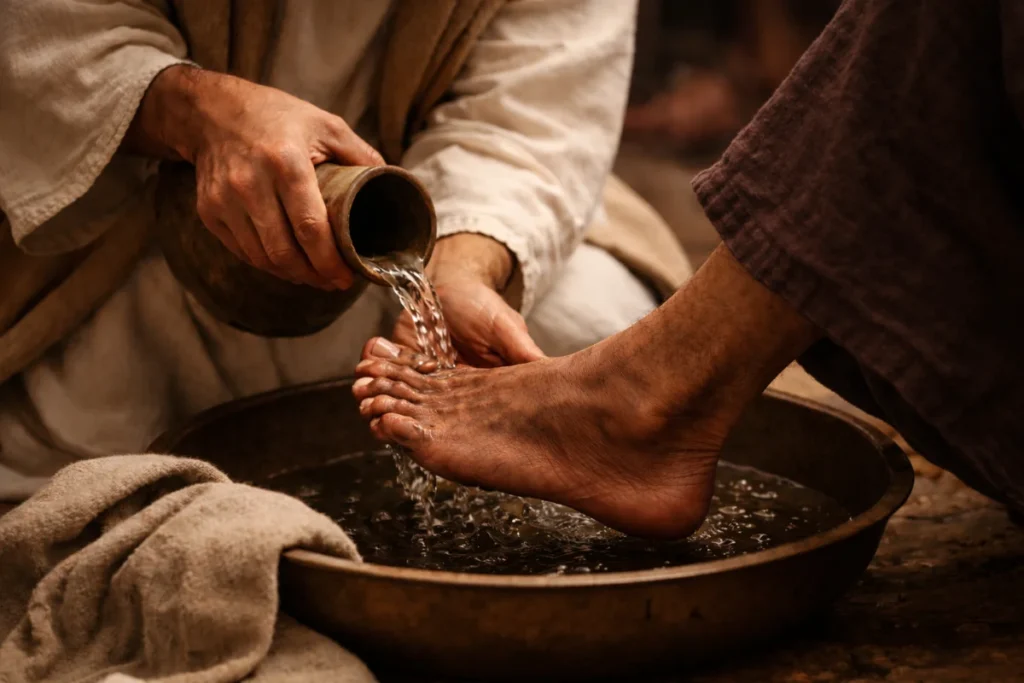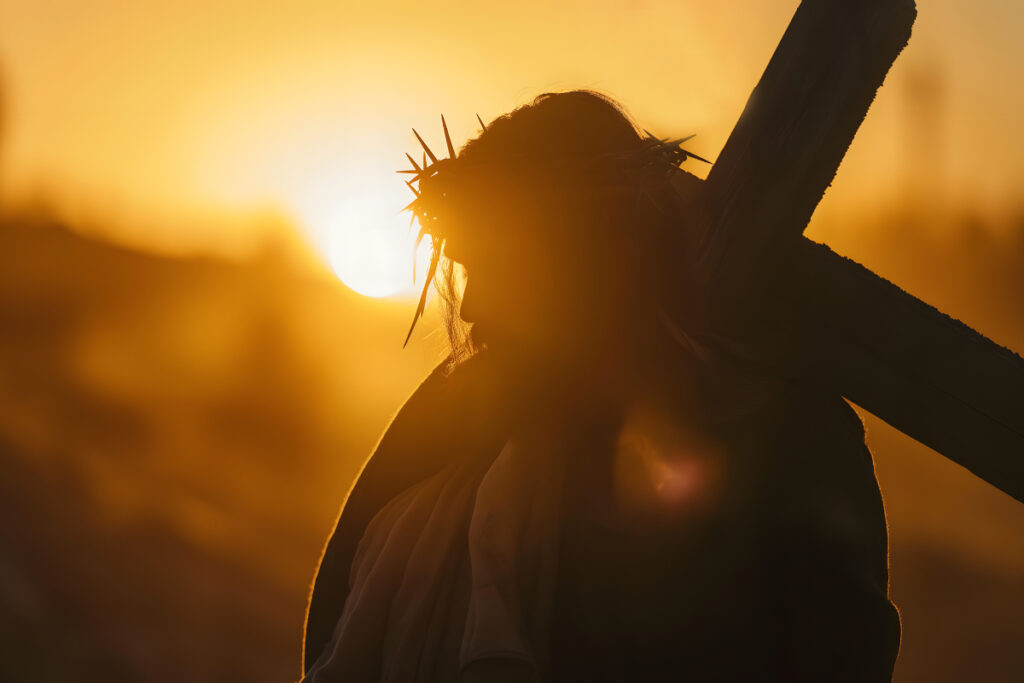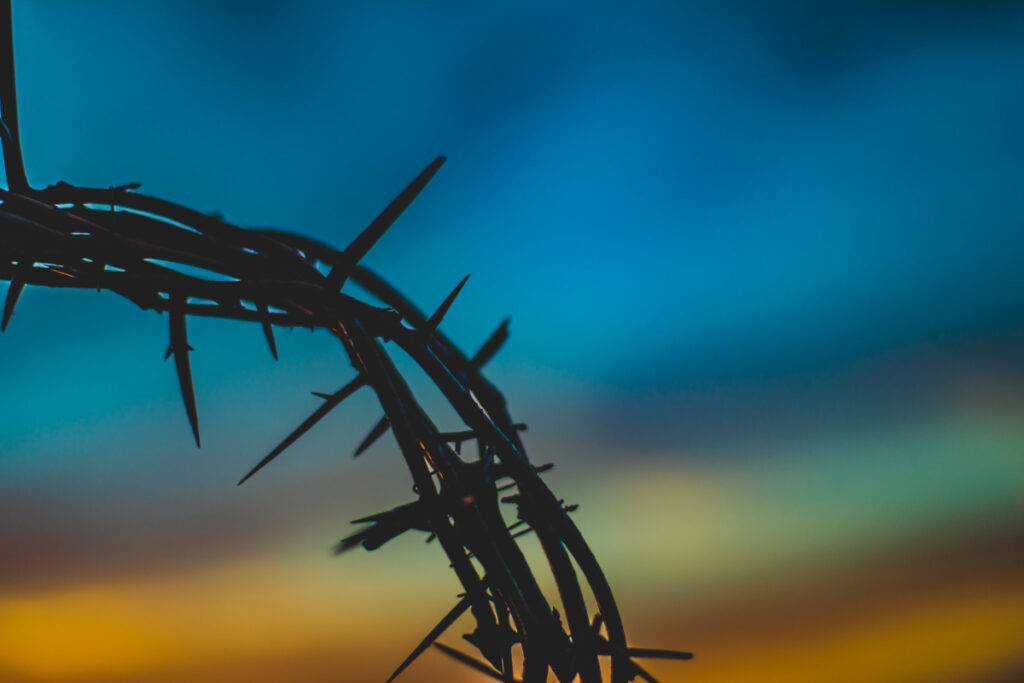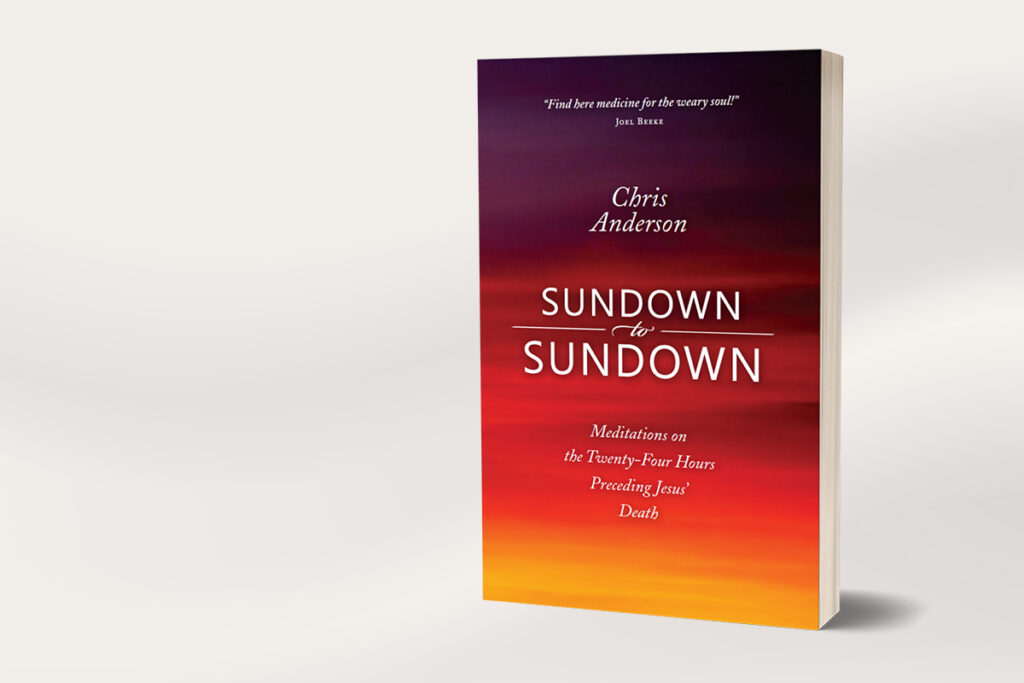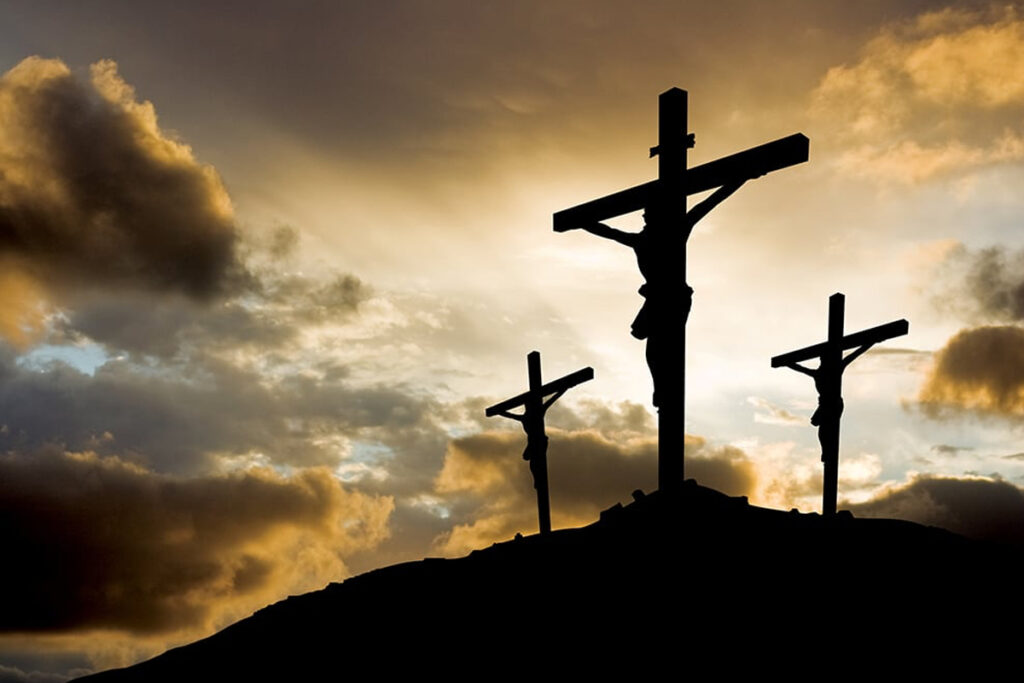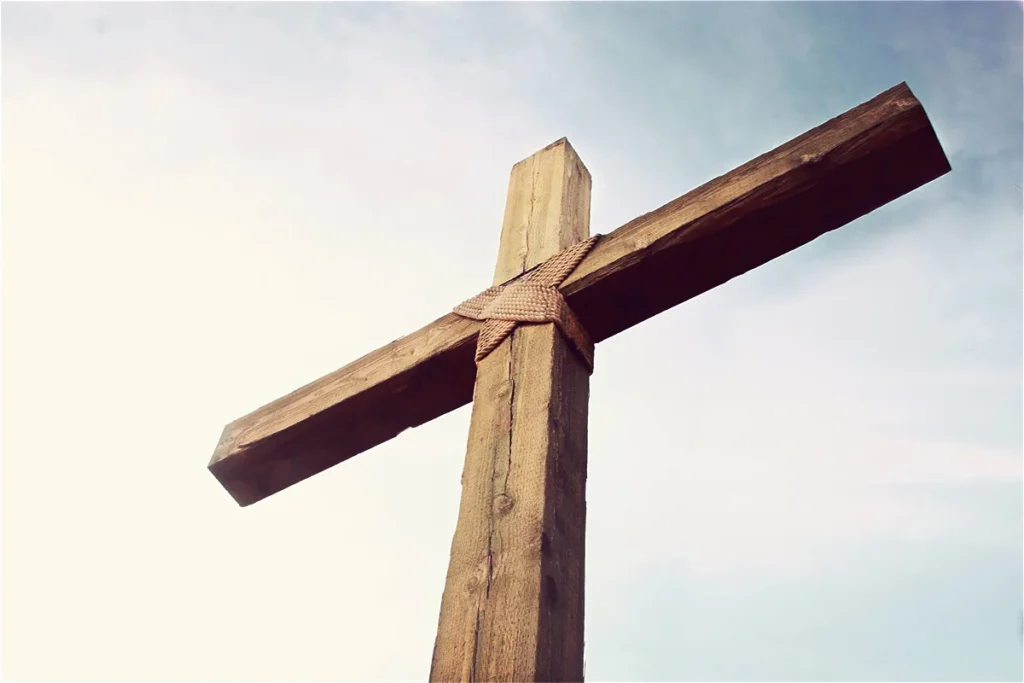
Blog
Gethsemane
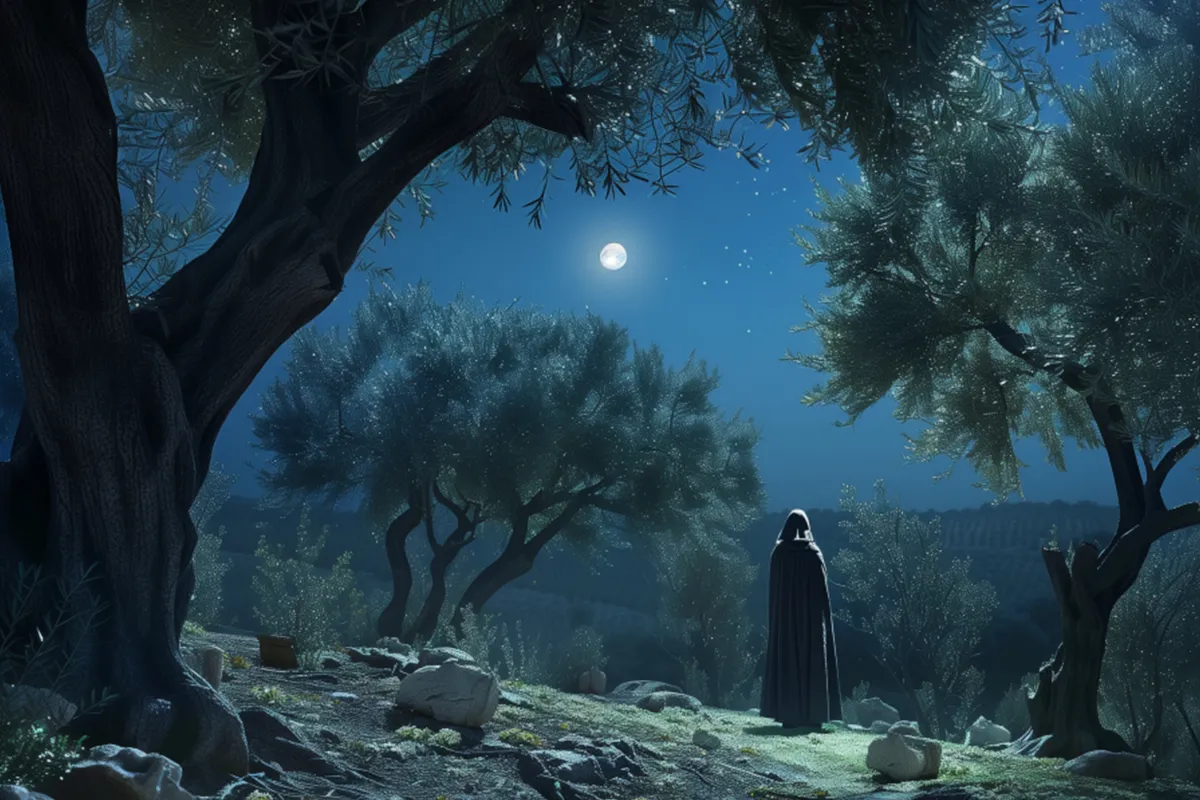
Gethsemane has always stirred my imagination. How could it not?
Jesus’ garden prayer took place just moments after He met with the disciples in the upper room. It’s only a 10-minute walk out of the old city, across the ravine that is in the Kidron Valley, and into the garden which rests at the base of the Mount of Olives.
Jesus’ garden prayer took place just moments before He was sold by Judas, abandoned by the disciples, and arrested by sword-bearing thugs.
And Jesus’ garden prayer took place just hours before He was mocked, beaten, scourged, and crucified.
Jesus spent the final moments before His agony in anguish. As He anticipated what was coming—the beating, the sin, the wrath, the solitude—He was completely overcome. He fell on His face, too weighed down to stand. He sweat drops of blood, so pressed in His spirit that He sat on the precipice of death. He asked for company, though none would be given but an angelic comforter. And He prayed—not for us, but for Himself. As we eavesdrop on His prayer, we hear what our salvation from sin would cost. Marvel at it.
“O, My Father.”
In His anguish, He cries out to the One with Whom He has fellowshipped for all eternity. “Abba,” He says. A title of tenderness. Jesus has always pleased the Father. He would on this night, and He would on the morrow when, in the mystery of the atonement, the Father Who was well pleased with His Son would be pleased to crush His Son for our sake.
“If it be possible.”
Of course, avoiding the cross was not possible—not if Jesus would save sinners. Perhaps no other Bible passage argues so strongly against the very notion that salvation is available outside of Christ. Could baptism save, the Father would have let the cup pass. Could any amount of good works save, the Father would have spared His Son. Could another religion save, the Father would have relented. But there was no other way.
“Let this cup pass.”
In both Testaments the image of a cup is used to depict God’s wrath. The fearless Savior quaked to look into it. He dreaded putting it to His lips. Yes, He would drain it when the time came. But the very anticipation of absorbing God’s wrath, as though He were God’s foe, terrorized Him.
“Not My will, but Yours be done.”
Jesus yielded to the answer He knew was inevitable. His sacrifice in the place of sinners had been ordained by God before time began. The Trinity planned our salvation together, and They accomplished our salvation together.
We will never fully comprehend the anguish of Gethsemane. But we learn from it the excruciating cost of our redemption. “Salvation is free,” we say, rather glibly.
Free to us. But not to Him.
What grace.
Good Friday Meditations
Meditate on the full propitiatory sacrifice of Jesus this week with these songs.
“His Robes for Mine”
His robes for mine: God’s justice is appeased.
Jesus is crushed, and thus the Father’s pleased.
Christ drank God’s wrath on sin, then cried, “’Tis done!”
Sin’s wage is paid; propitiation won.
“My Jesus, Fair”
My Jesus, pure, was crushed by God,
By God, in judgment just.
The Father grieved, yet turned His rod
On Christ, made sin for us.

